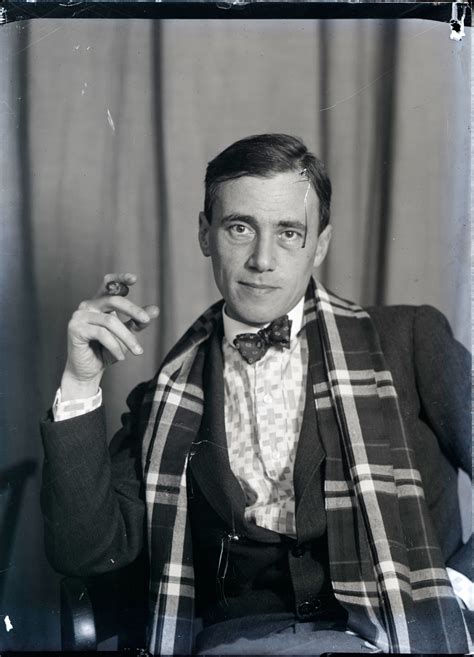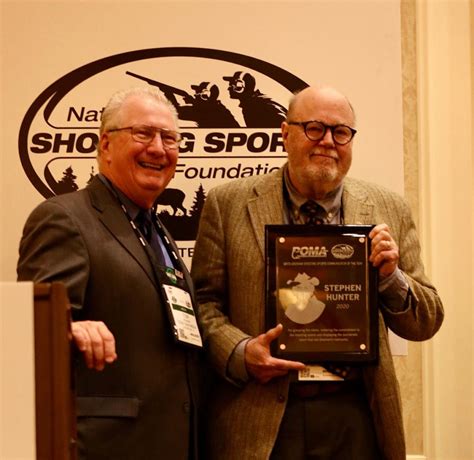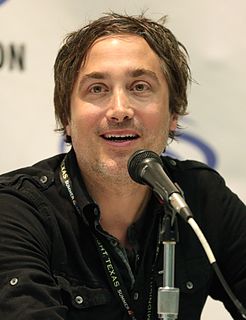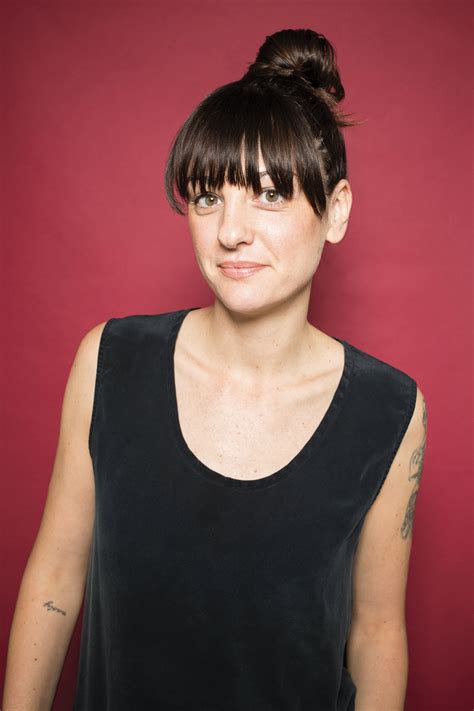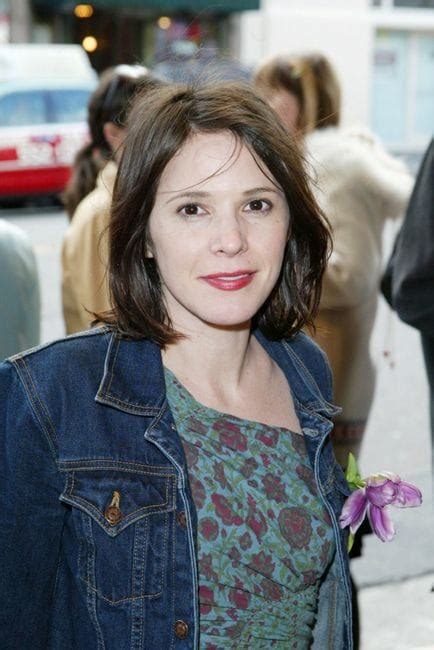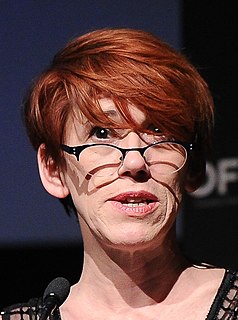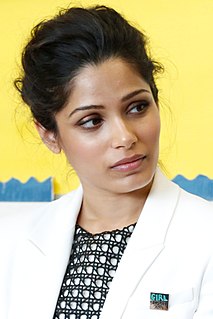A Quote by Akira Kurosawa
For me, filmmaking combines everything. That's the reason I've made cinema my life's work. In films, painting and literature, theatre and music come together. But a film is still a film.
Related Quotes
I conceive of the film as a modern art form particularly interesting to the sense of sight. Painting has its own peculiar problems and specific sensations, and so has the film. But there are also problems in which the dividing line is obliterated, or where the two infringe upon each other. More especially, the cinema can fulfill certain promises made by the ancient arts, in the realization of which painting and film become close neighbors and work together.
I've actually done more [music for] films than television. I love the process of writing for a film. I love that you are creating this suite of music for a film, that's all tied together sonically and thematically and hopefully people associate with the film. They all are meaningful to me in different ways.
My filmmaking style of remixing came out of necessity. When I was a film theory student at UC Berkeley in the early 1990s, there were no film production facilities. The only way I learned to tell stories on film was by re-cutting and splicing together celluloid of old movies, early animated films, home films, sound slug - anything I could get my hands on.
I've been extremely lucky to work with Elmer Bernstein, Howard Shore over the years, but I've always imagined films with my own scores, because I don't come from that world or that period of filmmaking. And so how could I make up my own score on a film like this where it isn't necessarily made up of popular music from the radio or the period; it isn't necessarily classical music. But what if it's modern symphonic music?
I have an Honors Degree in Drama from the University of Alberta, but when it was done I knew a life in modern theatre was not for me. While figuring out what the hell I might do instead of theatre, I spent a couple of days on a horror film doing stunt work. I'd never been behind the camera before, and I loved everything about it. I joined the local film co-op - The Film and Video Arts Society of Alberta - because you could trade skills for experience. These indie filmmakers were making their own stuff their own way, all the time. Instant education.


